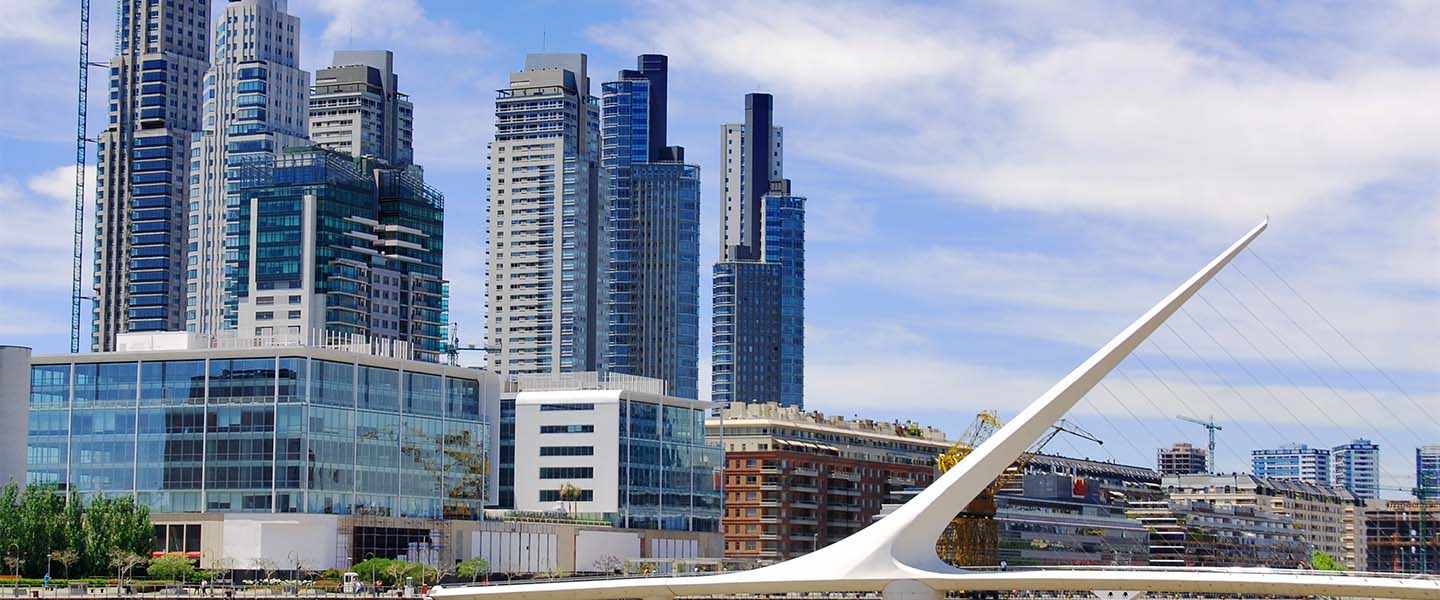Services
Independent and effective audit of financial statements to add value and support business decision making
-
SOC Attestation
Independent opinion attesting to the commitment of service providers to sound internal controls
-
Assurance of Non-Financial Reports
It aims to meet the needs of the business, being able to contemplate different bases and sectorial and global development guidelines
-
Assurance of Integrated Reporting and Sustainability Reports
Differential for rendering accounts and demonstrating the engagement of organizations in relation to sustainable practices and their generation of value
-
Assistance in accounting definitions
Quality, comparability and transparency of financial information in your company
-
Accounting, Labor and Tax Compliance
Permanent diagnostics and advice to raise the level of controls and mitigate risks
-
Pre-Audit Diagnosis
Diagnostics capable of offering support according to the purpose and needs of the business
-
Assessment reports for consolidations, spin-offs, and mergers
Technical evaluation of net assets at book value or of net assets adjusted to market prices
-
Capital Markets
Complete analysis and preparation for strategic fundraising operations
Related insights:


IFRS NEWS
IASB amends the requirements for sale and leaseback transactions
The International Accounting Standards Board (IASB) has issued amendments to IFRS 16 ‘Leases’, adding requirements for accounting for a sale and leaseback after the date of the transaction
Business consulting to support business growth, manage talent, protect value and optimize processes and operations
-
Business Consulting
Approaches compatible with technologies that support corporate decision-making and stimulate innovation
-
Strategy & Transactions
Performance of operations and capital structure to enable more efficient corporate transactions
-
FIDS – Forensic, Investigation & Dispute Services
Identification, protection and prevention of risks to preserve business integrity and security
-
Risk and Compliance - BRS
Risk management, process improvement to achieve strategic objectives
-
Judicial Administration in Business Recovery
Global teams and structures to work with the deep knowledge, legality and ethics that the issue requires
-
Business Restructuring and Recovery
Assertive plans and agile actions to recover your company's strategy and performance
Tax advisory and solutions based on the main trends, changes in legislation and regulations relevant to business performance
-
Global Mobility Services
International mobility programs in compliance with local tax legislation and optimized costs
-
Home page
Financial Statements
-
Transfer Pricing
Review or elaboration of calculations that allow the most assertive compliance in operations abroad
-
Labor & Social Security
Identification of existing risks and opportunities according to the current moment and future perspectives
-
Direct tax
Agile strategies for complying with laws and enabling regional and sectoral tax incentives
-
Indirect tax
Specialized support capable of increasing legal certainty involving different laws and jurisprudence
-
International Tax
Analysis and planning of scenarios in different jurisdictions, with integration into the Brazilian scenario
Brazil is the fifth world’s largest country in terms of territorial extension and population. According to IBGE (Brazilian Institute of Geography and...

 “As one of the largest countries in Latin America, Argentina offers a vast array of natural resources and produce. As a G20 country, Argentina continues to support global growth and innovation.” –
“As one of the largest countries in Latin America, Argentina offers a vast array of natural resources and produce. As a G20 country, Argentina continues to support global growth and innovation.” – 